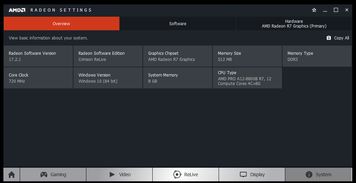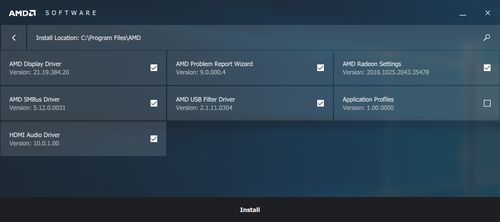Understanding Soft Link Crypto: A Comprehensive Guide
Soft link crypto, also known as symbolic links, is a crucial concept in the world of file systems. It allows you to create a reference to another file or directory without duplicating the actual data. In this article, we will delve into the intricacies of soft link crypto, exploring its purpose, benefits, and practical applications.
What is Soft Link Crypto?

Soft links, often referred to as symlinks, are a type of file that acts as a pointer to another file or directory. When you access a soft link, you are actually accessing the target file or directory it points to. This concept is similar to a shortcut in Windows or a alias in macOS.
Soft links are created using the ln command in Unix-like operating systems. For example, to create a soft link named “document” that points to the “report.txt” file, you would use the following command:
ln -s /path/to/report.txt document
In this example, “/path/to/report.txt” is the target file, and “document” is the soft link. When you access “document,” you are essentially accessing “report.txt” without physically copying the file.
Benefits of Soft Link Crypto

Soft links offer several benefits, making them a valuable tool in various scenarios:
-
Space Efficiency: Soft links do not consume additional disk space as they do not store the actual data. This is particularly useful when dealing with large files or directories.
-
File Management: Soft links simplify file management by allowing you to access files or directories from multiple locations without duplicating them.
-
System Integration: Soft links are widely used in system integration and software development, enabling seamless access to shared resources.
Practical Applications of Soft Link Crypto

Soft links have numerous practical applications across various domains:
1. File Sharing
Soft links are an excellent way to share files between users or systems. By creating a soft link to a shared file, users can access the file without the need for physical duplication. This is particularly useful in collaborative environments, where multiple users need to access the same file simultaneously.
2. Software Development
In software development, soft links are widely used to manage dependencies and shared resources. By creating soft links to libraries or modules, developers can ensure that all projects use the same version of a resource, reducing the risk of conflicts and inconsistencies.
3. System Integration
Soft links play a crucial role in system integration, enabling seamless access to shared resources across different systems. For example, a soft link can be used to connect a local directory to a network share, allowing users to access the shared files as if they were stored locally.
4. File System Navigation
Soft links can simplify file system navigation by providing quick access to frequently used files or directories. By creating soft links to these resources, users can navigate the file system more efficiently, saving time and effort.
Understanding Soft Link Crypto Permissions
Soft links, like regular files, have permissions that determine who can access them. These permissions are set using the chmod command and can be modified using the chown command. It is essential to understand these permissions to ensure that soft links are used securely.
Here is a table summarizing the permissions for soft links:
| Permission | Description |
|---|---|
| Read | Allows users to view the soft link’s target file or directory. |
| Write | Allows users to modify the soft link’s target file or directory. |
| Execute | Allows users to access the soft link’s target file or directory. |
Soft Link Crypto vs. Hard Link Crypto
While soft links and hard links serve similar purposes, there are some key differences between the two:
-
Hard Links: Hard links are essentially additional file entries that point to the same underlying file. Deleting the original file does not delete the hard links, as they


















